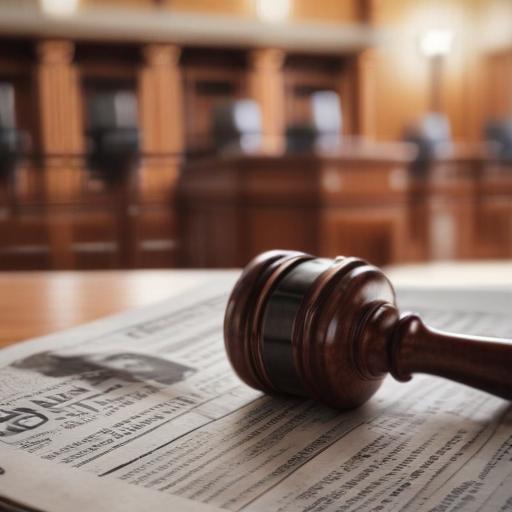A federal appeals court made a significant ruling on Friday, allowing the Trump administration to continue barring the Associated Press (AP) from certain official events. This decision comes after the AP was excluded from the press pool covering President Trump, following its refusal to rename the Gulf of Mexico as the “Gulf of America,” despite an executive order intended to effectuate that change.
The AP challenged the ban in court, arguing it infringes on the First Amendment rights of the press. Initially, they were granted a temporary injunction by the U.S. District Court for the District of Columbia. However, the U.S. Court of Appeals for the District of Columbia Circuit issued a 2-1 ruling that lifted that injunction, allowing the administration to block the AP from accessing high-profile locations such as the Oval Office and Air Force One.
The court rationale pointed out that restricted presidential spaces do not qualify as forums for free speech, enabling the administration to consider journalists’ viewpoints when granting access. Judges Gregory G. Katsas and Neomi Rao, both appointed by Trump, supported this ruling, while Judge Cornelia T.L. Pillard, appointed by Obama, dissented, emphasizing that the government should not selectively provide access based on media organizations’ alignment with its views.
In a response to the ruling, President Trump declared it a “Big WIN over AP,” criticizing the news agency as “FAKE NEWS!!!” for its stance on the Gulf of Mexico. The AP’s approach has been to refer to the Gulf by its traditional name while also acknowledging the president’s preferred designation in their reporting.
While the administration’s access restrictions do not extend to all media, the changes represent a significant shift in press access dynamics at the White House. Following the ruling, press secretary Karoline Leavitt celebrated what she termed a “VICTORY!” for the administration, which has welcomed more pro-Trump outlets into the press pool while sidelining traditional wire services.
The implications of this ruling and the administration’s media strategy highlight increasing tensions between government powers and press freedoms, resonating with broader discussions about the role of journalism in a democratic society. As this case unfolds, it raises vital questions regarding press independence and government accountability, critical components of a functioning democracy.
This situation underscores the importance of a free press in challenging government narratives, as the public deserves a diversity of perspectives to fully understand the policies and decisions affecting their lives.
